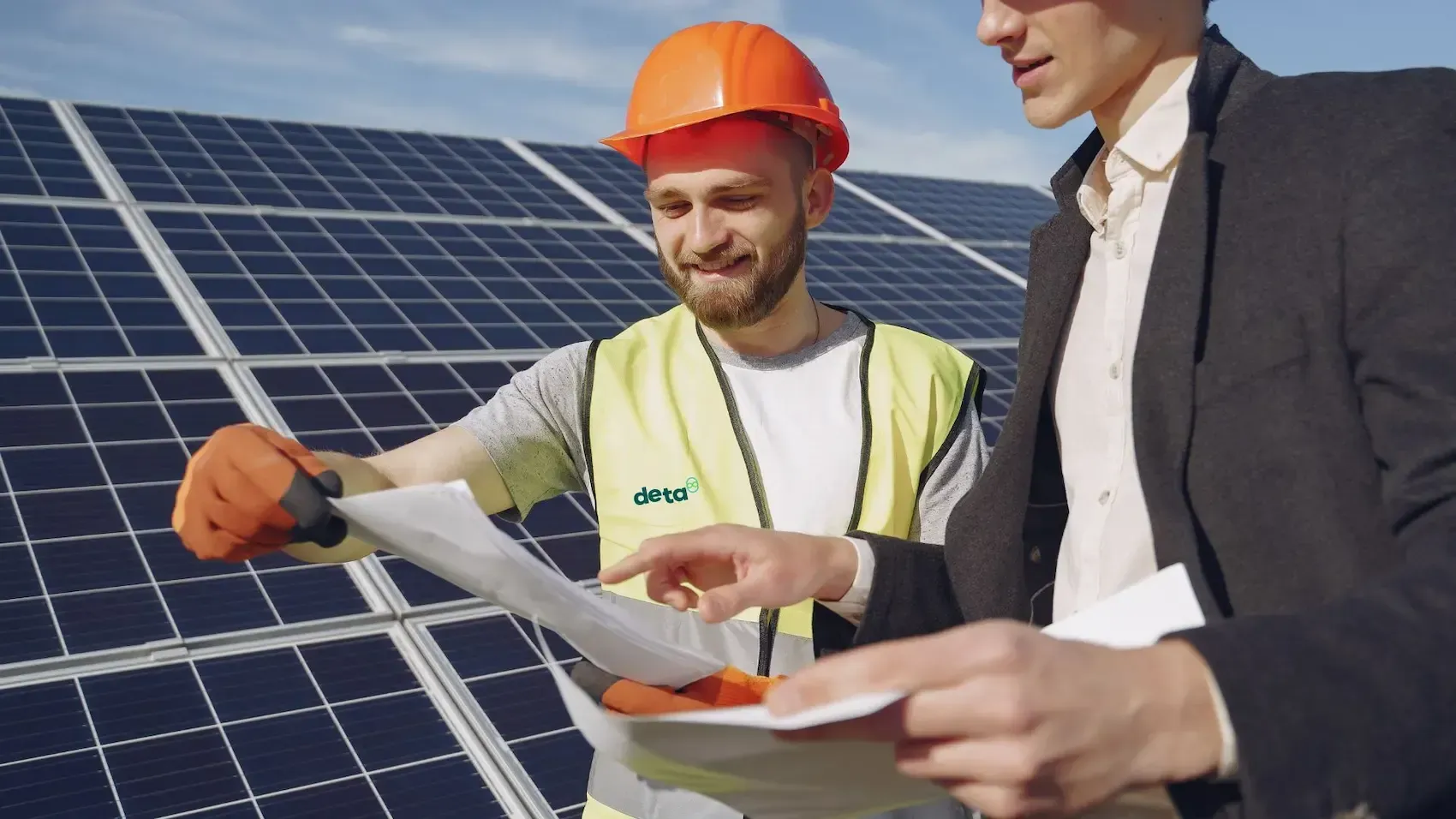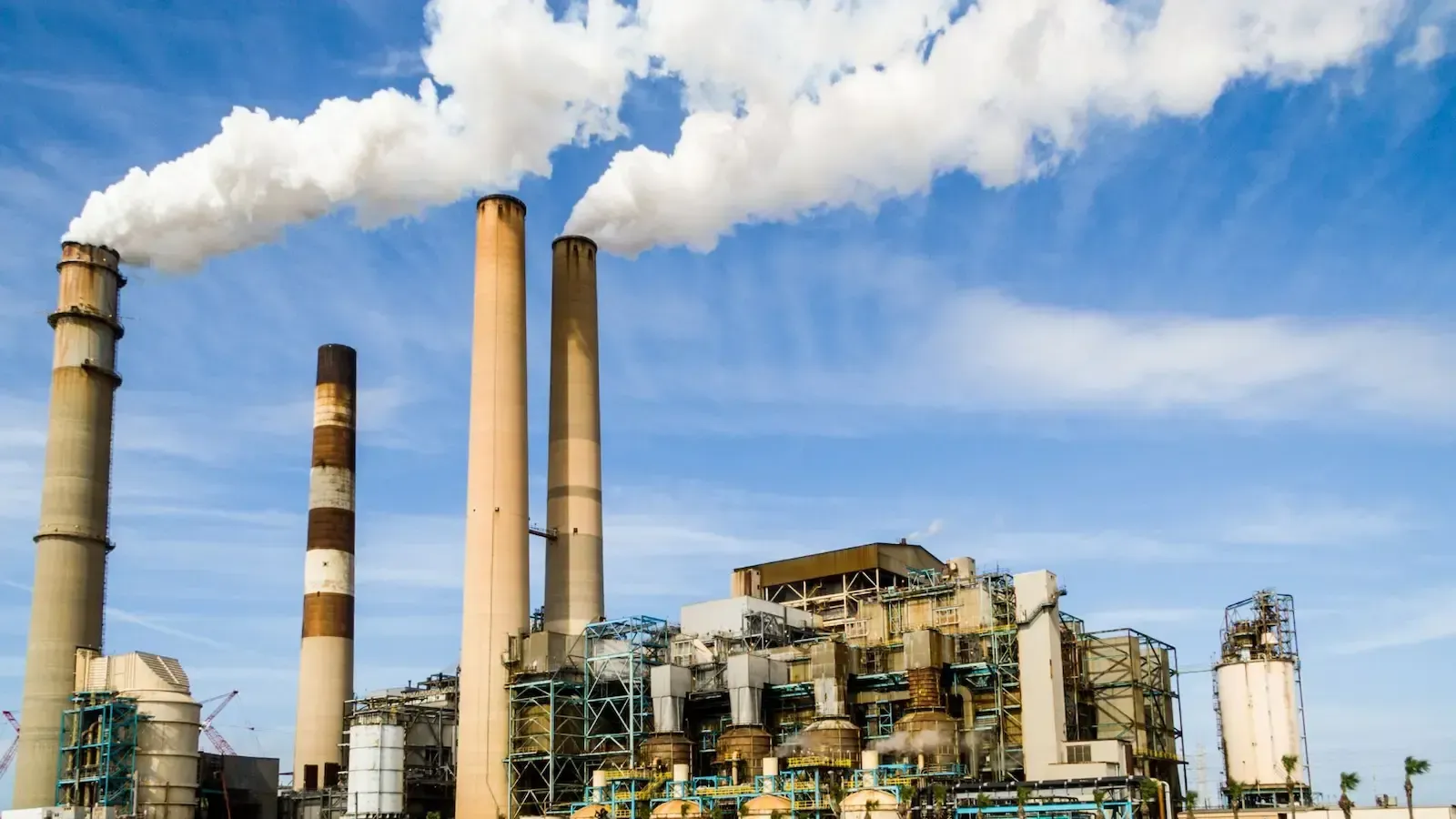Energy News Article on our Decarbonising SI Work
Biomass clear favourite for decarbonising SI process heat
By Eamon Rood, Senior Journalist for https://www.energynews.co.nz/
Biomass is the clear favourite for industrial process heat users in the South Island looking to decarbonise their operations, according to the Energy Efficiency and Conservation Authority.
Initial EECA data indicates that 90 per cent of high-temperature boiler operators in Canterbury and Southland prefer biomass to electrification because of cost considerations.
Electrode boilers have much higher capital costs than thermal boilers and expose users to changes in wholesale electricity prices. It is much cheaper and easier to convert existing boilers to run on biomass while retaining coal as a backstop.
DETA Consulting is leading the primary data collection for EECA’s regional heat demand database project.
DETA managing director Jonathan Pooch told an EECA decarbonisation workshop on Friday that this “clear, dominant bias” towards biomass for the southern process heat sector is understandable. Electrification is expensive, and natural gas and geothermal options aren’t available in the South Island.
The upshot is dramatically increasing demand for woody-biomass fuels in a part of the country where the bioenergy manufacturing and supply-chain is less developed than in the North Island.
“There is a broader conversation that needs to be had, probably as part of a broader energy strategy, about forestry and biomass,” he says. “It’s not an insurmountable challenge, but it is a challenge.”
This presents many challenges – particularly when coal remains the cheapest option overall even as prices rise through the Emissions Trading Scheme.
“The brutal reality is that the ETS still needs to do some heavy lifting to price coal. It’s going in the right direction – but coal is still the lowest-cost option available.”
Rapid evolution
Pooch estimates large-scale conversion to biomass would require about 13 per cent of the South Island’s annual forest harvest.
He thinks there are enough raw materials in the South Island to meet this demand, but the question remains whether the market can tolerate the high prices that diverting those volumes of fibre from existing uses would have.
Existing supply is also dominated by waste product and there is comparatively little in the way of higher-energy products like wood pellets. Increased competition for raw materials would require more planting, including short-rotation crops.
“We’ve got to see a rapid evolution of this biomass market into something that’s perceived as low risk compared to the baseline of coal and the supply chain that’s been around for 100 years or more.”
Co-firing solutions
Maximising bioenergy’s potential for decarbonising process heat requires a rethink on how it is used, including how it can complement other options, including electrification.
“Biomass is the preferred fuel source at the moment but most sites are open to using electricity if the market conditions are right,” Pooch says.
He suggests co-firing solutions are a good place to innovate as these can adapt well to the seasonal nature of process heat sites, including dairy factories.
For example, wood pellets can be saved for peak season while lower-quality chips could provide the bulk of annual feedstock. Electrode boilers could also have a similar peak role over summer while biomass is used in winter.
Coal will likely be used when power prices are high and to fill the gap as investment in generation and the transmission network catches up.
“There is an argument that for a time coal will still have a role at these sites. It doesn’t have to be a binary, good versus bad.”
Regional database
EECA’s regional heat demand database is an open database recording the location and nature of existing process heat demand across the country.
This is aggregated by sector and by region to maintain anonymity for the sites, except for ones that have received grants from the Government Investment in Decarbonising Industry Fund, which EECA administers.
EECA is funding data collection along with Transpower and electricity distribution businesses.
Regions are added to the database when at least 85 per cent of data collection is complete. Currently, only data for Southland and Canterbury is available and EECA expects to release data for the South Island’s remaining regions by the end of 2021.





